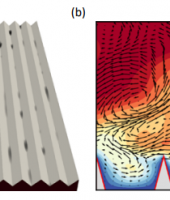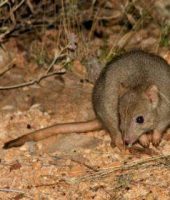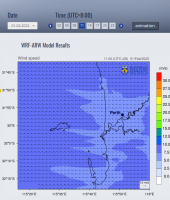Alternative-splicing
Immune checkpoint blockade has been a successful treatment for several cancers, particularly in stage 4 melanoma. Unfortunately, it does not work for all patients, neither does it work for all cancers. Given the number of side effects, there is interest in determining which patients will have a durable response to this treatment.
Area of science
Biology
Systems used
Nimbus
Applications used
R, ENCODE pipeline
Partner Institution: The University of Western Australia|
Project Code:
The Challenge
This project intends to locate genes that can identify which patients will respond to immune checkpoint blockade. By doing so, patients are not unnecessarily exposed to treatment that may potentially be futile.
The Solution
The project makes use of mouse cancer models; RNA from mice were sequenced and passed through validated computational pipelines to search for genes that were expressed differently between responders and non-responders.
The Outcome
These pipelines are a computationally expensive process. Resources from the Pawsey Centre allow for the process to be possible; it would otherwise take a prohibitive amount of time.





